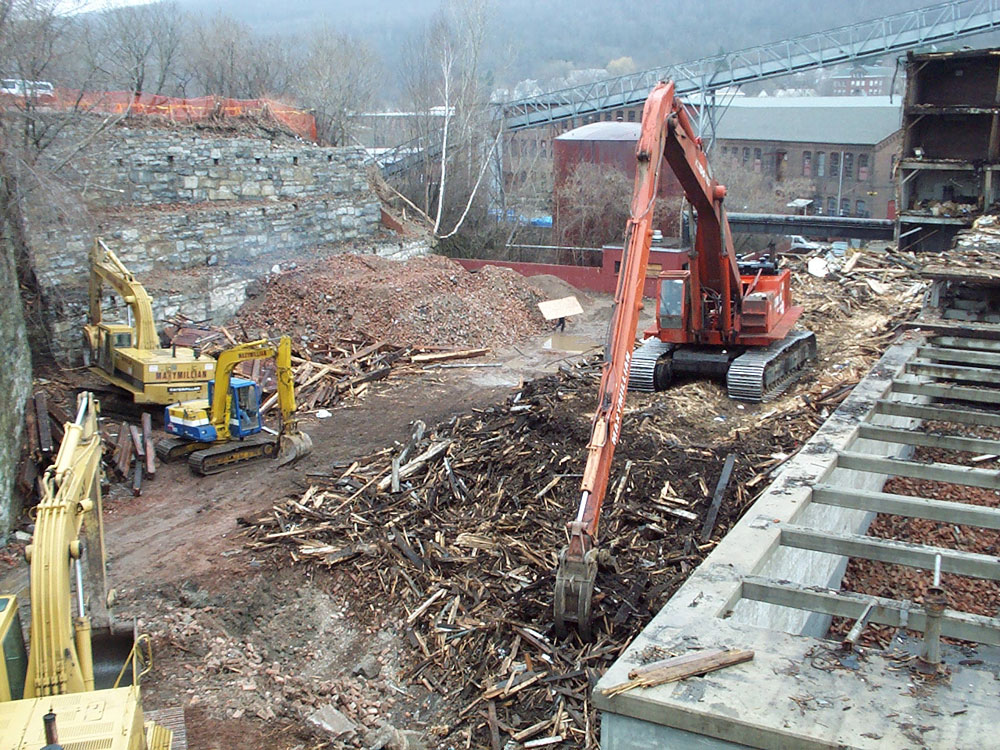Environmental Due Diligence / Environmental Consulting Services
An essential step in commercial real estate property transactions is evaluating a property for environmental contamination. The process for assessing properties for the presence or potential presence of environmental contamination is referred to as “environmental due diligence” or “environmental site assessment.” The federal Comprehensive Environmental Response Compensation and Liability Act (CERCLA) or Superfund, provides for a similar, but legally distinct, process referred to as “all appropriate inquiries” (or AAI).
On November 1, 2005, the U.S. Environmental Protection Agency (EPA) published the requirements for “all appropriate inquiries” in 40 CFR Part 312. Standards and Practices for All Appropriate Inquiries; Final Rule. The AAI requirements included under the Rule apply to those property purchasers who are seeking protection from CERCLA liability by establishing themselves as innocent landowners, contiguous property owners, or bona fide prospective purchasers. The Rule establishes requirements for the process of conducting all appropriate inquiries into the previous ownership, uses, and environmental conditions of a property.
For years, the ASTM E 1527 Standard has defined what constitutes good commercial and customary practice for conducting environmental site assessments. ASTM has issued a new, AAI-compliant standard. E 1527-05 Standard Practice for Environmental Site Assessments: Phase I Environmental Site Assessment Process. As of November 1, 2006, when the AAI Rule goes into full force and effect, the E 1527-05 Standard will be the only recognized AAI-compliant standard of practice for environmental site assessments. The E 1527-00 Standard is recognized by EPA as the interim standard tor complying with the AAI Rule until that time.
In cases where the innocent landowner, contiguous property owner, or bona fide prospective purchaser defenses do not apply, the AAI Rule will not apply. However with the E 1527-05 Standard, good commercial and customary practice for conducting an environmental site assessment has become consistent with the requirements of the AAI Rule.
In Massachusetts, the Department of Environmental Protection (DEP) has indicated that the AAI Rule will not have any direct impact of 21E requirements/liability since it affects assessment work that occurs primarily prior to notification under the Massachusetts Contingency Plan (MCP). Indirectly, it may apply to the Licensed Site Professional (LSP) standard of care tor assessments and that standard of care is a consideration for meeting the MCP’s Response Action Performance Standard. The most direct impact is likely on entities that apply for Section 128c/Brownfields grant funding.
AAI SPECIFICS
The AAI Rule expands the criteria for interviews, historical records research, and the requirement for a visual inspection of the subject and adjoining properties. Additional significant points of the AAI Rule include:
- An environmental professional, meeting strict educational and experience requirements, is defined and required to conduct or supervise AAI investigations.
- Searches lor recorded environmental cleanup liens; consideration of the relationship of the purchase price to the lair market value ot the property, if the property was not contaminated; and consideration ot specialized knowledge or experience on the part of the prospective purchaser are required of the prospective purchaser and may be conducted by the environmental professional.
- The environmental professional must consider the degree of obviousness of the presence or likely presence of contamination at the property, and the ability to detect the contamination by additional appropriate investigation.
- Sompliance with the AAI Rule alone does not establish a defense to CERCLA liability; the landowner must comply with the continuing obligations that apply to past, on-going, and future releases or threatened releases of hazardous substances at the site.
- The environmental professional must document the results of the inquiry in a written report, and declare that he/she meets the definition ot the environmental professional and that the AAI was conducted in conformance with the standards and practices set forth in 40 CFR Part 312.
- The completed AAI, in its entirety, is valid for a period of 180 days.
